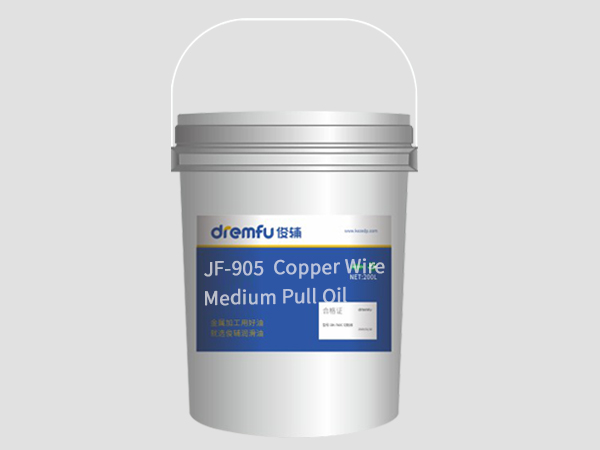2025-11-05 09:44:37
Cutting and Grinding Fluids play a crucial role in precision machining, especially when processing ceramic ferrules and other advanced ceramic materials. However, foam formation and bacterial contamination are common problems that can reduce machining efficiency, shorten tool life, and negatively affect surface quality. Understanding how to prevent these issues ensures a stable and clean production environment.
Foam often develops when cutting or grinding fluids for zirconia ceramics or grinding fluids for alumina ceramics are agitated during high-speed grinding operations. Air entrapment, incorrect coolant flow, or poor fluid formulation can make the problem worse. On the other hand, bacterial growth occurs when Cutting Fluids are used for too long without cleaning or when concentration levels drop too low. The result is an unpleasant odor, corrosion of machine parts, and loss of lubrication performance.
To minimize these problems, it is important to choose high-quality, low-foam fluids designed for ceramics. For example, grinding fluids for aluminum nitride ceramics and grinding fluids for silicon carbide ceramics often contain anti-foaming and biocidal agents that help maintain fluid stability and purity. Synthetic and semi-synthetic fluids are also more resistant to microbial contamination compared to traditional emulsions.

Maintaining proper fluid concentration and filtration is equally important. Excessive dilution encourages bacterial growth, while metal chips and ceramic particles increase fluid degradation. Regular monitoring of fluid concentration and installing fine filters can help reduce foaming and microbial activity, especially in grinding fluids for zirconia ceramics where precision and cleanliness are critical.
Cleaning and disinfecting the coolant system regularly helps extend the fluid’s life. Tanks, pipes, and nozzles should be flushed and disinfected before refilling new fluid to avoid recontamination. In addition, Cutting Fluids should be stored in a cool, dry area to prevent bacterial activity. Exposure to heat or sunlight accelerates decomposition and reduces the performance of grinding fluids for alumina ceramics and other similar materials.
By implementing these best practices, manufacturers can effectively prevent foam and bacterial growth in ceramic ferrule Cutting Fluids, ensuring consistent machining performance, longer tool life, and improved surface finish for precision ceramic components.